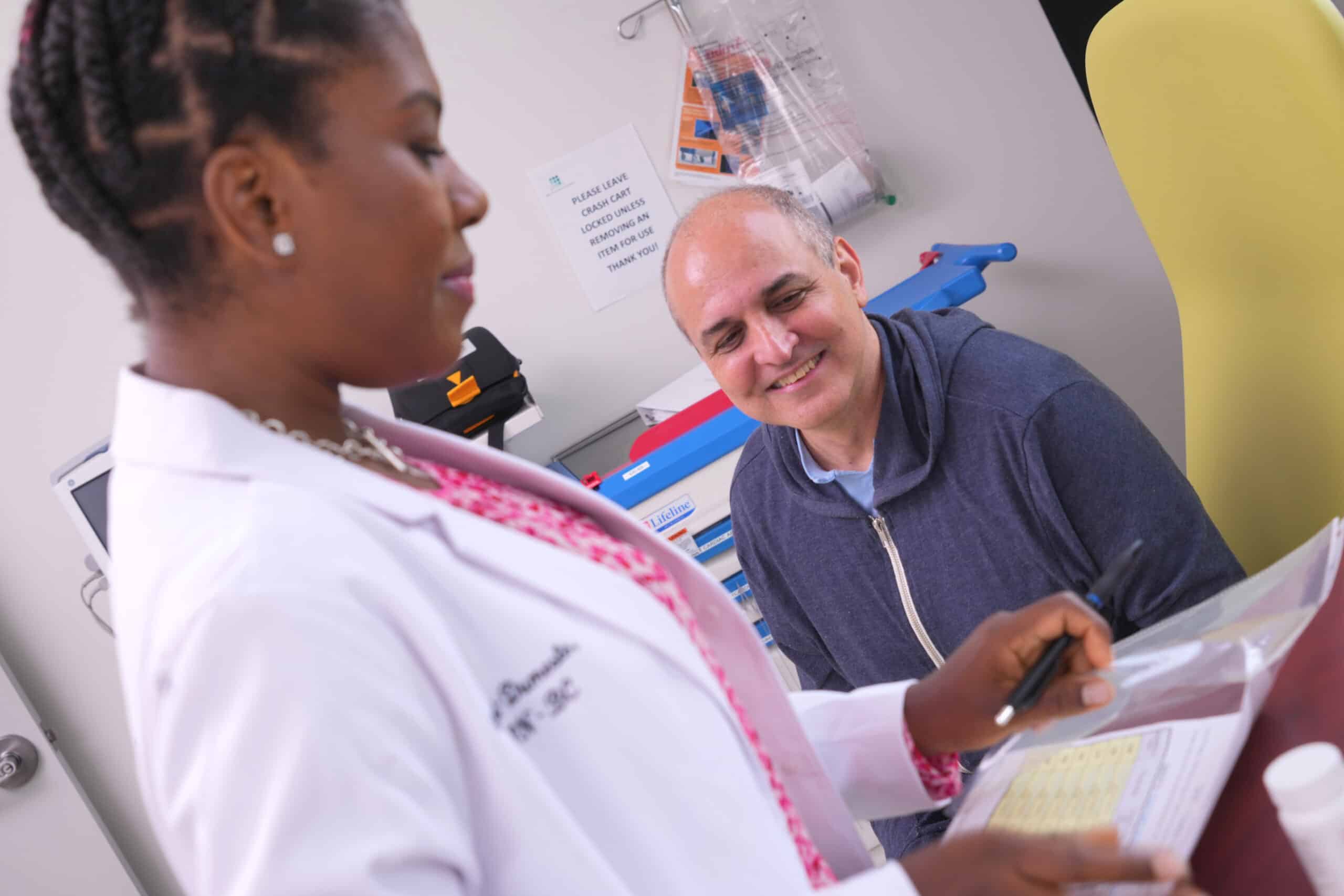When considering participation in a clinical trial, it is vital to be thoroughly informed. This not only helps you understand the direct impact on your health but also contributes to the broader scientific community. Among the most important aspects are the questions to ask about clinical trials before giving your consent.
- What is the purpose of this clinical trial?
Every clinical trial is designed with a specific purpose in mind, whether it is testing a new drug, a medical device, or a lifestyle change. Knowing the objective helps you understand the context and relevance of the trial to your health condition.
- Who is sponsoring the trial?
The sponsor of the trial, which could be a pharmaceutical company, academic institution, or government agency, can provide insights into the resources and potential biases in the study. It is important to know who is behind the research and their motivations.
- Am I eligible for the clinical trial?
Eligibility criteria for a clinical trial are based on factors such as age, gender, medical history, and current health status. Understanding these criteria will help you determine if you are a suitable candidate.
- What are the possible risks and benefits of participating?
Knowing the potential risks and benefits associated with the clinical trial is crucial. This information will help you weigh the personal implications of participating against the potential gains in treatment and knowledge.
- What will my responsibilities be during the clinical trial?
Participants in clinical trials may need to adhere to specific protocols, including taking medications, adhering to dietary restrictions, or maintaining a schedule of appointments. Understanding these requirements upfront is essential for deciding if you can commit to the duration of the trial.
- How long will the trial last, and what is required of me during this time?
The duration of a clinical trial can vary greatly, from a few weeks to several years. Knowing the timeframe and what will be expected of you during this period is vital for managing your health and personal schedule.
- What are my rights as a participant?
Participants in clinical trials have specific rights, including the right to informed consent and the right to withdraw from the trial at any time. Understanding these rights can ensure that you feel secure throughout the study.
- How will my privacy be protected?
Privacy concerns are significant in clinical trials. It is important to understand how your personal and medical information will be used, stored, and shared during and after the trial.
- What happens after the clinical trial ends?
Knowing what to expect after the trial is over is just as important as understanding the trial itself. This includes any follow-up care required and how the results of the trial will be communicated to you.
- Will I have access to the treatments developed during the trial?
In some cases, participants may have access to successful treatments discovered during the trial after it ends. Knowing this can influence your decision to participate.
How Can Biotrial Assist in Finding the Right Clinical Trial?
Biotrial specializes in connecting individuals with clinical trials that match their health needs and interests. If you are considering participating in a clinical trial, our experts can help guide you through the selection process and answer any questions you may have about specific trials. For more information on finding a study or trial and to ensure your questions are thoroughly addressed, feel free to browse our pages.




